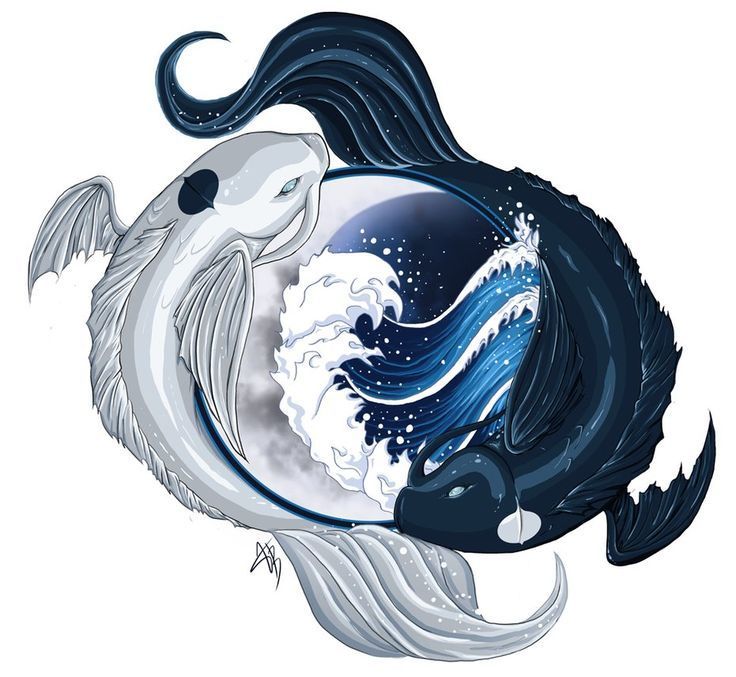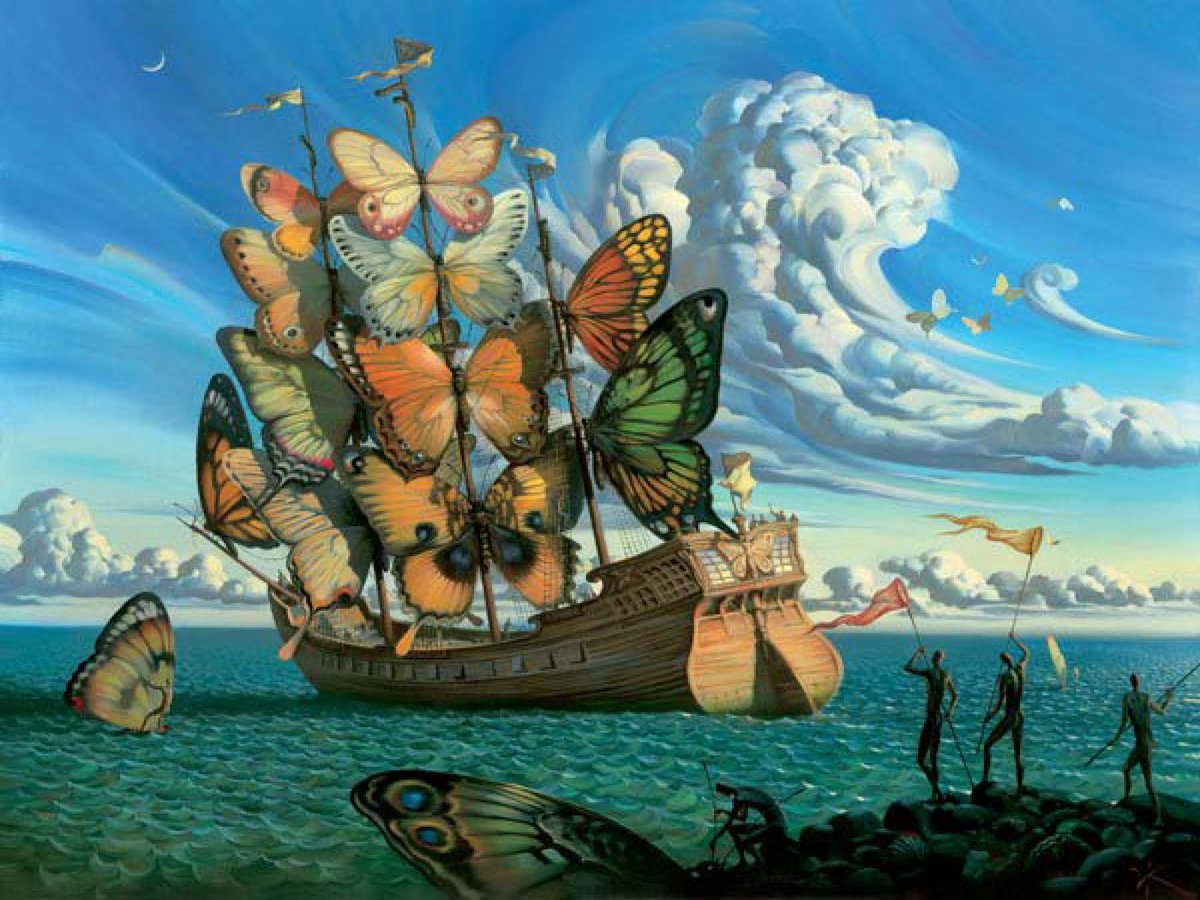A followup to yesterday's thread: Mythos and Logos
Two ways of understanding the world, and why we as humans need both. https://twitter.com/Frevilo1/status/1292452650542407681
Two ways of understanding the world, and why we as humans need both. https://twitter.com/Frevilo1/status/1292452650542407681
Mythos and Logos are Greek words. They both roughly translate to "the account" or "the story of."
Mythos provides a metaphorical, mythopoetic understanding of the world or a thing. Mythos is non-rational.
Logos provides a material understanding of a thing. It is rational.
Mythos provides a metaphorical, mythopoetic understanding of the world or a thing. Mythos is non-rational.
Logos provides a material understanding of a thing. It is rational.
From the example above, which way of understanding the phenomenon of stars is correct?
You probably picked logos, but sorry, it was a trick question! They're both correct.
You probably picked logos, but sorry, it was a trick question! They're both correct.
Here in the modern West, we LOVE logos. We are very materially oriented, and hyper rationalism is the One True Way. We've decided (wrongly, in my opinion) that mythos and logos are in competition with each other, and declared that logos is superior to mythos.
This, frankly, is a problem. Mythos is about meaning. It answers the why of our deepest spiritual questions. Logos is about logistics. It answers the how. They do not need to cross into each other's domains as *neither* is superior. They're different tools for different problems.
As much as we currently push for pure rationalism, humans are non-rational creatures. Our decision engine in our brain is informed by both rationality and non-rationality. We are experts in metaphor and mythopoesis. Belief and meaning-seeking are indelible parts of our makeup.
By the way, don't sleep on what metaphor means. A metaphor is when words point at a meaning, but aren't the meaning themselves, because that meaning is beyond the bounds of literalism. Metaphor is mythos in action.
Back to our example. Embracing the mythos understanding that the stars are our ancestors, looking down on us and protecting us, gives us meaning. It orients us spiritually, providing personal and spiritual direction. It's part of a body of meaning we share with our loved ones.
The logos interpretation orients us materially. Knowing that the stars are great burning balls of gas informs us as to how the physical universe works. If we were physically to go look at a star up close, what we would see with our eyes? What could we use in our technology?
Again, these two are not in competition, because a mythos understanding is NOT a literal understanding, and vise versa. The friction between belief and science often arises when either mythos or logos tries to jump their boundaries with the other instead of staying in their lane.
That boundary isn't precise or clean, unfortunately. Especially since we're such a young species and we're just beginning to figure science out. Right now we've got some of our philosophical wires crossed.
In short though, we should honor that we are creatures of both the How and the Why. For further reading, I very much recommend Myth and Philosophy: A Contest of
by Lawrence J. Hatab.
https://www.amazon.com/Myth-Philosophy-Lawrence-J-Hatab/dp/0812691164/ref=sr_1_1?dchild=1&keywords=hatab+myth&qid=1596989024&sr=8-1
by Lawrence J. Hatab.
https://www.amazon.com/Myth-Philosophy-Lawrence-J-Hatab/dp/0812691164/ref=sr_1_1?dchild=1&keywords=hatab+myth&qid=1596989024&sr=8-1
A Contest of Truths!! Sorry. I don't know how I wacked such an important word off the title.

 Read on Twitter
Read on Twitter




